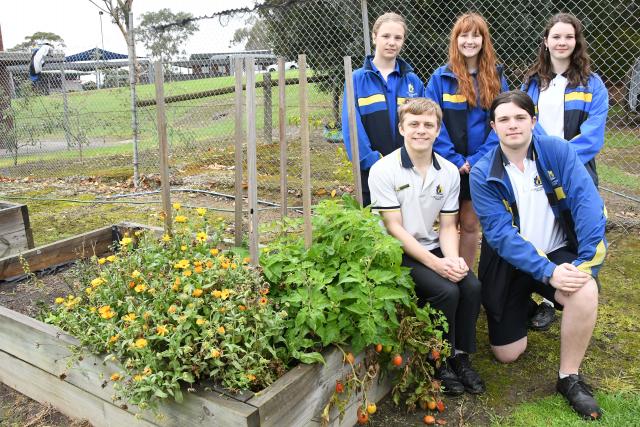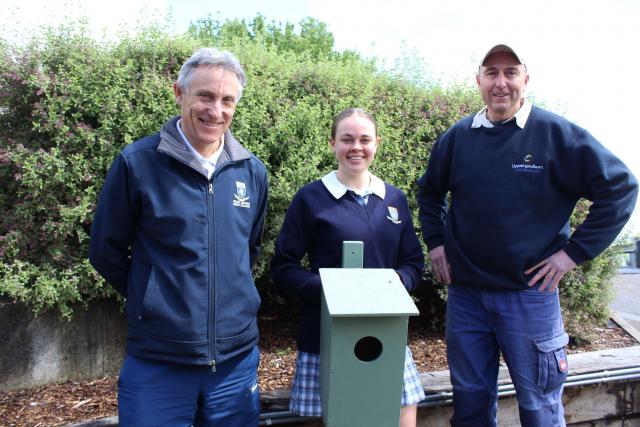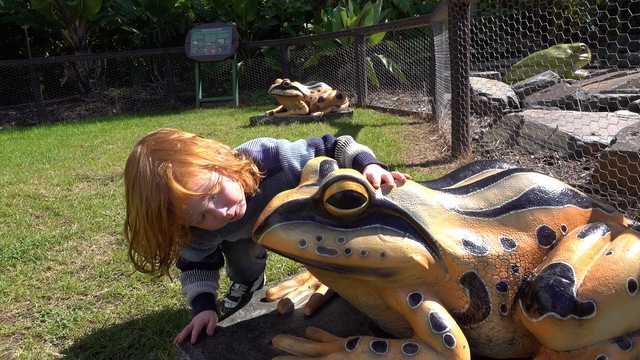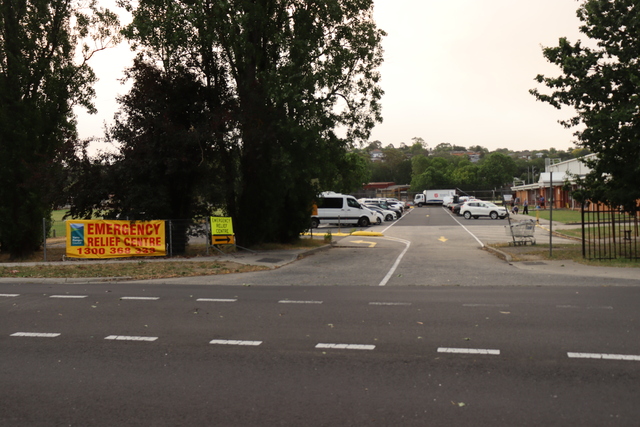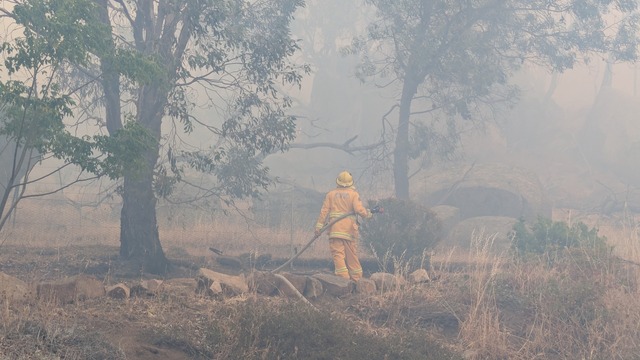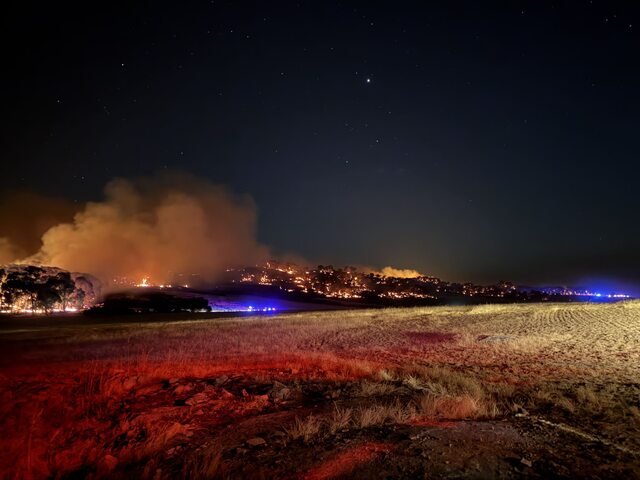Two Lilydale high schools have been named in the finalists for Sustainability Victoria’s ResourceSmart Schools Awards, recognising their commitment to the environment.
Mount Lilydale Mercy College (MLMC) has been put forward in two categories for the second year, with nominations for Teacher of the Year (Secondary) and ResourceSmart School of the Year.
Lilydale Heights College (LHC) also gained a nomination in the Curriculum Leadership category for a secondary school.
LHC sustainability leader Shannon Sargeant said the environment became a focus within the school’s curriculum around six years ago, with the vision of being a ResourceSmart school.
“We want to become a ResourceSmart school and be as sustainable as we possibly can and be a bit of a showcase for other schools in the area,” she said.
To complete the modules and actions required every year, like the waste and biodiversity audits, Ms Sargeant said it seemed easiest, most efficient and educational to include those things within the curriculum.
“For sustainability to be sustainable, I thought it needs to be embedded in the curriculum,” she said.
“It doesn’t naturally go in every aspect of the curriculum but there’s certainly spots where it does fit.”
For one unit, science and humanities has combined for students to learn about the scientific and human aspects of ocean plastic waste, while Year 9 students learn about climate change and biodiversity loss in ‘there’s no planet B’.
“I feel like we’re doing some really cool, different things by integrating that and giving the kids a bigger picture and understanding by looking at it from more than one perspective,” Ms Sargeant said.
Ms Sargeant said the student engagement with such classes and programs has been excellent, especially when there are positive outcomes that can be derived from brainstorming actions they can take on a personal level like writing to parliamentarians.
For MLMC’s sustainability leader Andrew Feher, who has been nominated as teacher of the year, the recognition is an honour but humbly said it is a culmination of all the work the school has done to achieve a range of sustainable initiatives.
While waste and biodiversity are major focuses for the school, Mr Feher said over the last year including Indigenous practices into their approach has become a
“We’re looking at putting in a native food garden just so the kids have a real spot to see as opposed to something on a PowerPoint or on a video,” he said.
“They can actually see it, they’ll plant it and hopefully in a few years time, we’ll be able to harvest food from it and we can make some meals out of it.”
With strong ties to William Barak, Mr Feher said MLMC is looking to “extend those connections” further and engage Koorie staff and students in learning.
Propagating and planting remains high on MLMC’s agenda, with much of the school’s cohort participating in some shape or form.
“That’s probably been a highlight for me is getting virtually half the school’s curriculum, in some form involved in activities in and around the school or directly by getting their hands dirty, or just doing some theory work in regards to sustainability,” Mr Feher said.
Inching closer to being a five star school, Mr Feher said one area that is bringing them down is the ratio of students to waste but hopes to combat that with further waste saving initiatives.
Mr Feher said everything he and the entire school is working towards is the longevity of sustainability practices beyond the current teaching and student cohort.
“We’re now tapping into the junior students so that we’ve got a progression of students willing to put their hand up over the next few years,” he said.
MLMC is also engaging with local primary schools to run classes and sessions on the environment to keep it carrying over into the next generation.
Another exciting project, Mr Feher said is a new five acre ‘outdoor classroom’ leased by Melbourne Water to the school to rehabilitate.
“We’re looking at putting in bird nests to observe the increased animal life that we’ll get when we put in lower storey plants. It’s really going to change that area, which was pretty well a weed infested tip.”
Both schools have visions for what is next to achieving more sustainable outcomes, with Ms Sargeant wanting to gain the waste star and get more students actively involved, while Mr Feher is working on bringing down MLMC’s carbon footprint.
“The student voice part for me is next, we’ve done quite a lot of work on curriculum but we’re getting that student action team to be bigger and stronger and running more things. That’s probably my main focus this year,” Ms Sargeant said.
Both schools will be attending the awards ceremony on 15 June held at the MCG.

